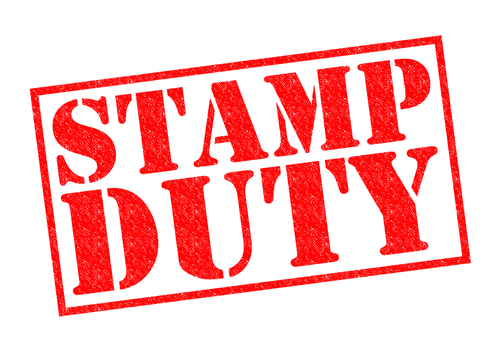
Stamp duty receipts lifted 14% to £9.8bn for the six months to September from the same period a year ago, according to HMRC data.
The figures come after the levy’s thresholds were reset back to September 2022 levels, before former Prime Minister Liz Truss’ mini-Budget, at the beginning of April this year.
The customs body says house price rises and more transactions account for the increase in tax revenues.
Its data comes after Chancellor Rachel Reeves earlier this month admitted she is “looking at” tax rises as part of her 26 November Budget, as she prepares to raise around £22bn to restore the public finances.
The Treasury is considering a new property tax on the sale of homes worth more than £500,000, according to press reports in the summer.
This levy would be paid by homeowners rather than buyers, as is the case with stamp duty, at a rate to be determined by central government.
Currently, buyers in England and Northern Ireland are required to pay stamp duty on properties valued over £125,000. For first-time buyers, the threshold is £300,000.
The levy raised £11.6bn last year, according to government data.
The new property tax would affect only about a fifth of property sales, compared with about 60% for current levels of stamp duty.
Several bodies, such as the Institute for Fiscal Studies and the Resolution Foundation, argue that stamp duty should be abolished as part of wider property reforms, as it impacts social mobility.
Conservative leader Kemi Badenoch, earlier this month, pledged to abolish stamp duty on primary homes if her party returns to power at the next election.
A wider view shows homebuyers paid £10.8bn in Stamp duty between January and September, according to Coventry Building Society’s analysis of the latest HMRC data.
Coventry Building Society head of mortgage relations Jonathan Stinton says: “Buyers and sellers are being left in tax purgatory by the Treasury’s refusal to confirm or deny rumours of changes to stamp duty.
“Although the September receipts are for property purchases made after the speculation on property tax was already out there, it’s highly unlikely many buyers would have pulled the plug at such a late stage.
“But transactions could start to dwindle as some buyers choose to hold fire, and we may start to see tax receipts start to lose momentum as a result.
“Any reform to property tax needs to be well considered and well communicated.
“Buying a home is likely to be the most expensive purchase anyone can make, so it’s normal for people to want to understand the tax implications of waiting a few weeks if the difference could be thousands of pounds.”



